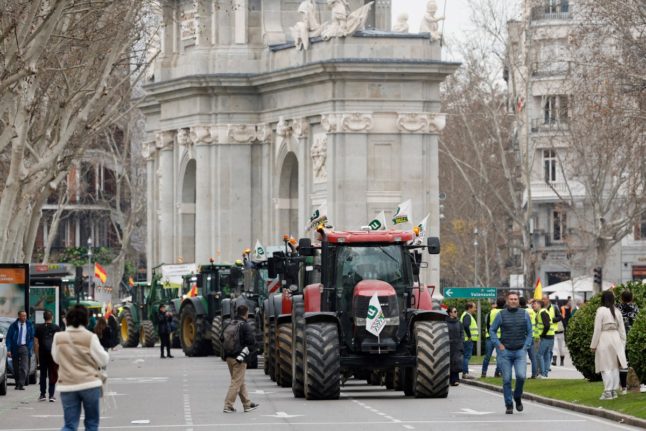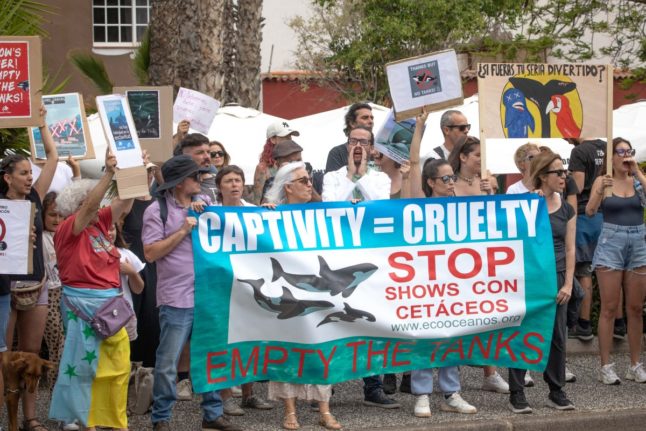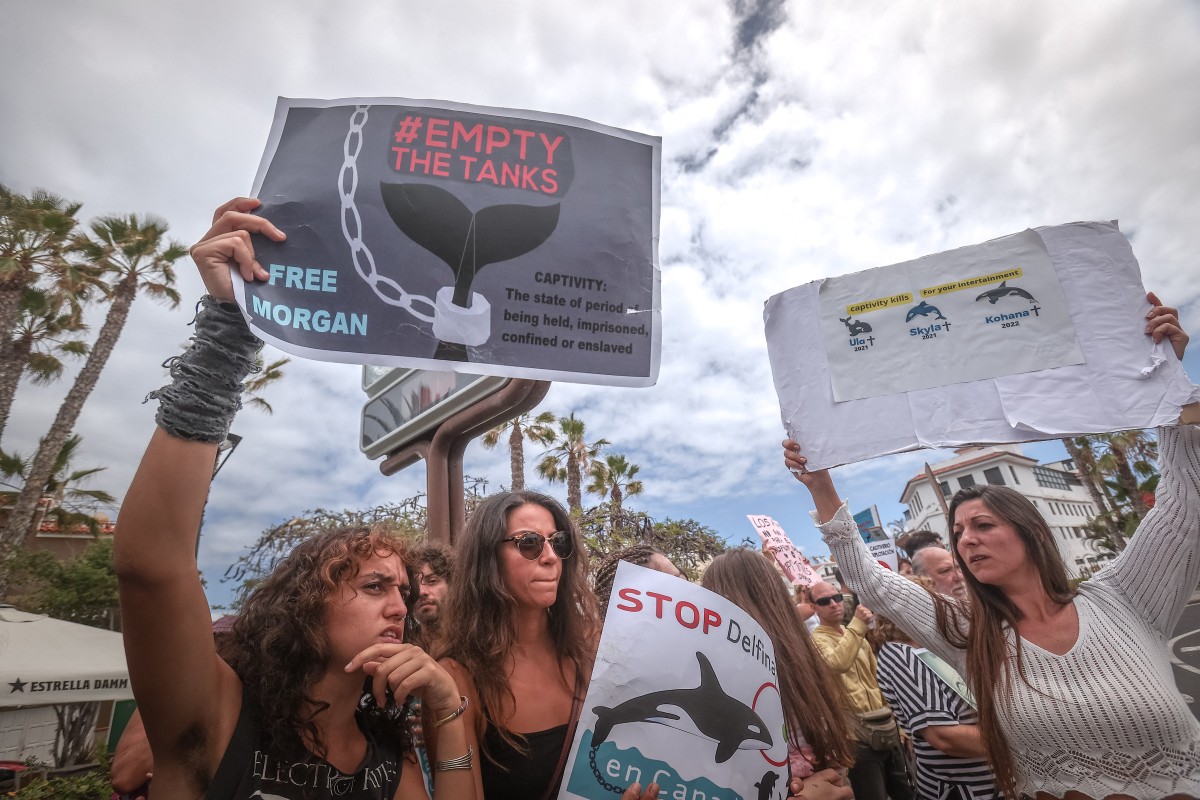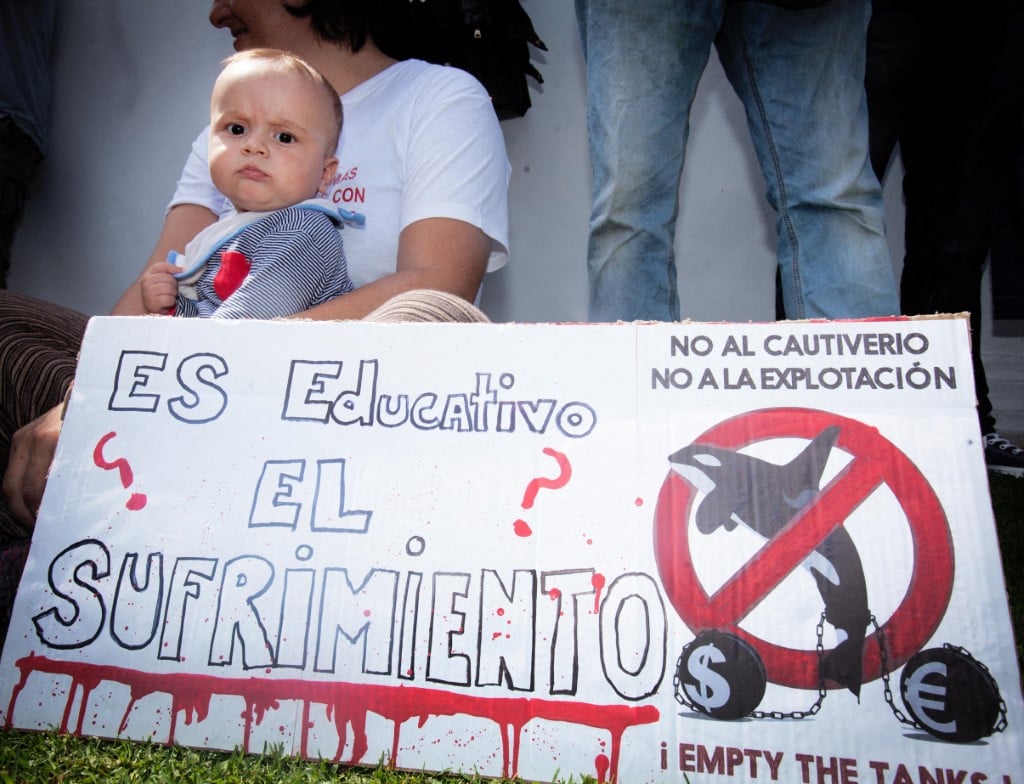As many as one hundred tractors and thousands of demonstrators are expected in Madrid on Monday as Spain’s agricultural protests continue. The unhappy farmers, who will be coming to the capital from across the country, will pass through Madrid city centre as part of wider calls for a relaxation of green policies, state aid to help with rising production costs, and increased protections against non-EU products undercutting them, among other demands.
READ ALSO: EXPLAINED: Why are farmers in Spain protesting?
The tractor convoy is scheduled to leave from the Puente de Arganda at 09.00am on Monday and enter the capital via the N-3 motorway, Avenida del Mediterráneo, Ciudad de Barcelona, before convening at Paseo de Infanta Isabel, in front of the Ministry of Agriculture building.
The protest, the date of which was chosen to coincide with a meeting of the EU Council of Agriculture Ministers in Brussels, will then begin at 11.00 am, leaving from the Ministry of Agriculture along the Paseo del Prado before heading via Recoletos and Castellana and finally reaching the European Commission Office on Plaza de la Castellana in the Salamanca neighbourhood.
According to traffic updates from Spain’s Dirección General de Tráfico (DGT) traffic is already slow at the M-300 entrance in La Poveda, and access may be affected at Arganda del Rey via the M-23, M-203 and M-208.
📢🚜En estos momentos, las marchas agrícolas provocan tráfico lento en Madrid.
➡️Entrada M-300 en La Poveda.
🚨Pueden encontrar complicaciones en los accesos desde Arganda del Rey por la M-23, M-203 y M-208.
➡️Entre 09:00 y 15:00. pic.twitter.com/sbq66rN2NP
— Dir. Gral. Tráfico (@DGTes) February 26, 2024
There are also some road closures across the rest of Spain on Monday as the protests continue, including reports of slow traffic this morning in Castilla y León, the Valencian Community, and Andalusia, specifically in the Cádiz area round A-7 and N-357 exits at Algeciras.
Road closures and affected traffic areas on Monday 26th February (as of 10:00am)
READ ALSO: How long will the farmers’ roadblocks in Spain last?
Spain’s agricultural protests are scheduled to continue for at least another month, with action provisionally scheduled in La Palma, Granada, and Cádiz through March, April, and May.
Protest calendar
26th February: Madrid
27th February: Córdoba
29th February: Málaga
1st March: La Palma
14th March: Granada
21st March: Granada
21st March: Cádiz
5th April: Granada
16th April: Granada
27th April: Granada
30th April: Granada
7th May: Granada
14th May: Granada
21st May: Granada
28th May: Granada







 Please whitelist us to continue reading.
Please whitelist us to continue reading.
Member comments